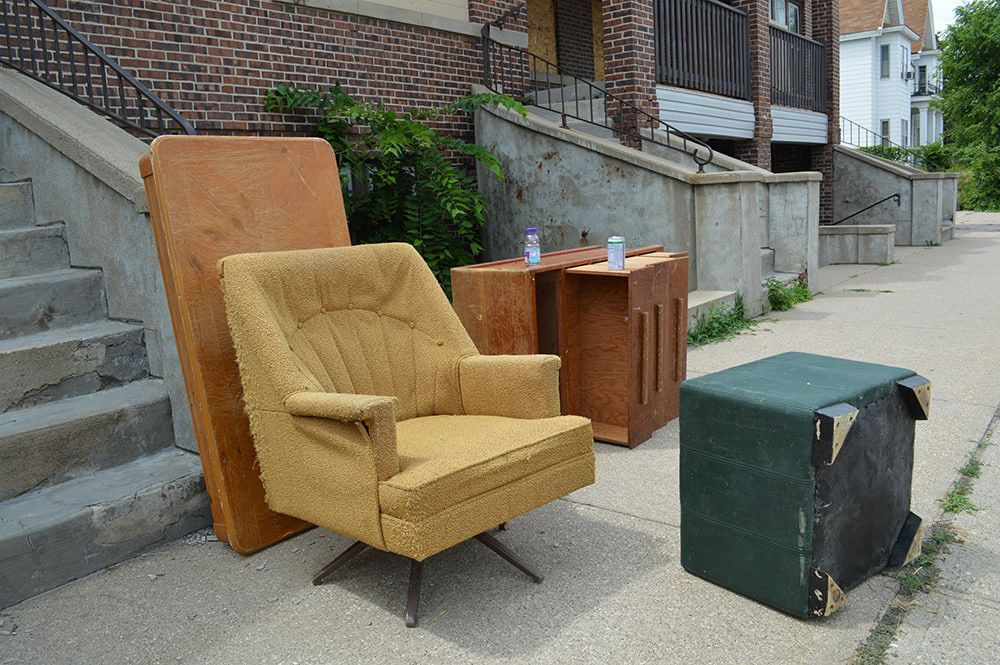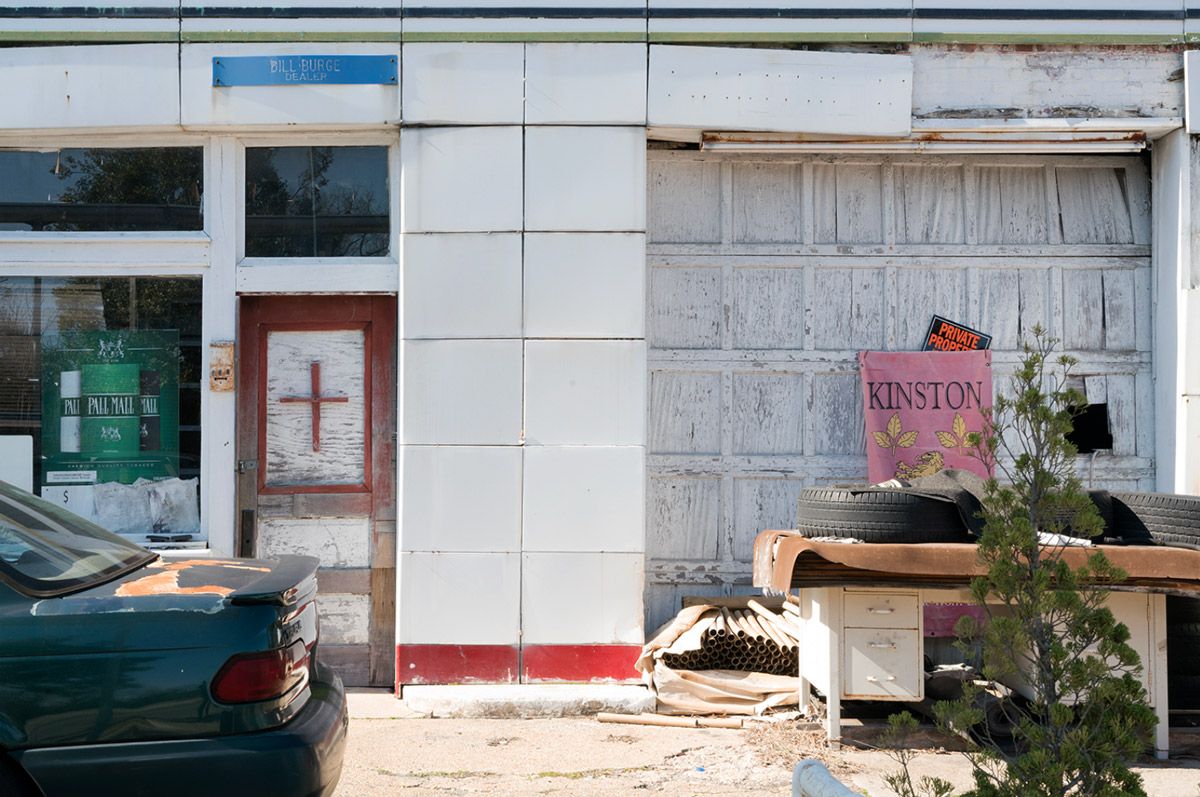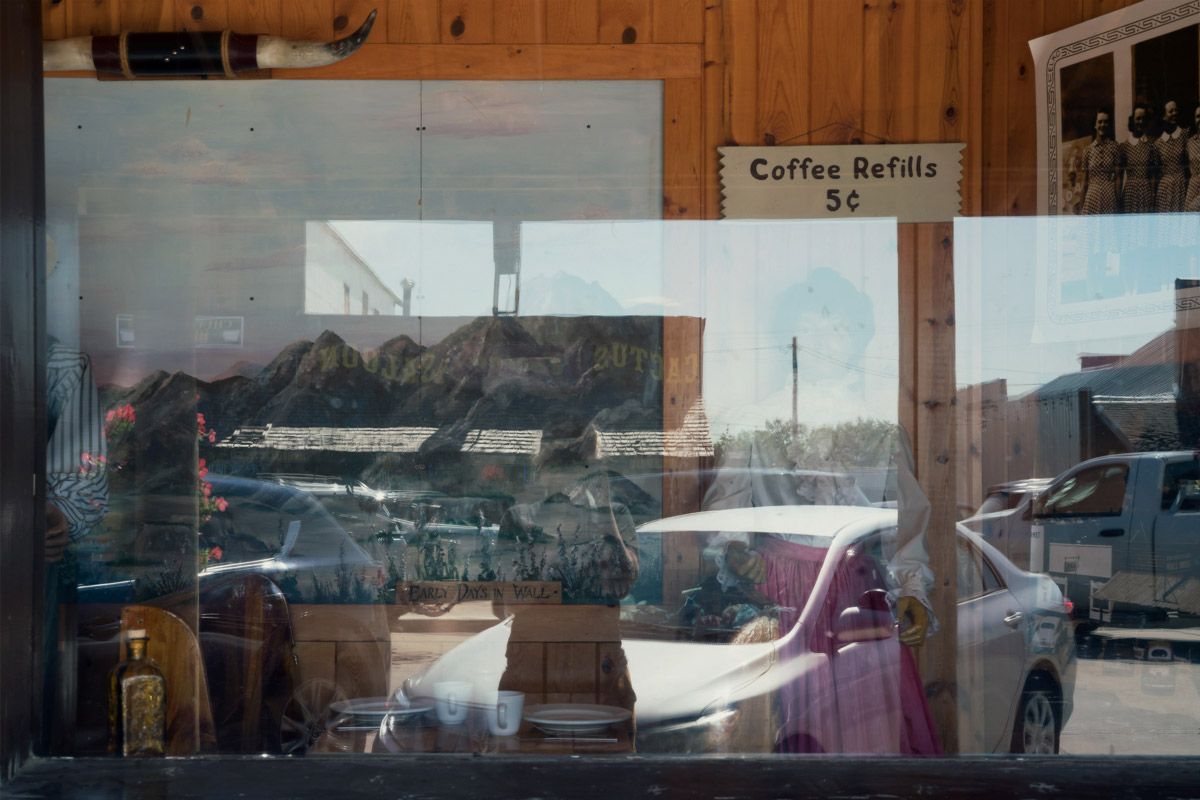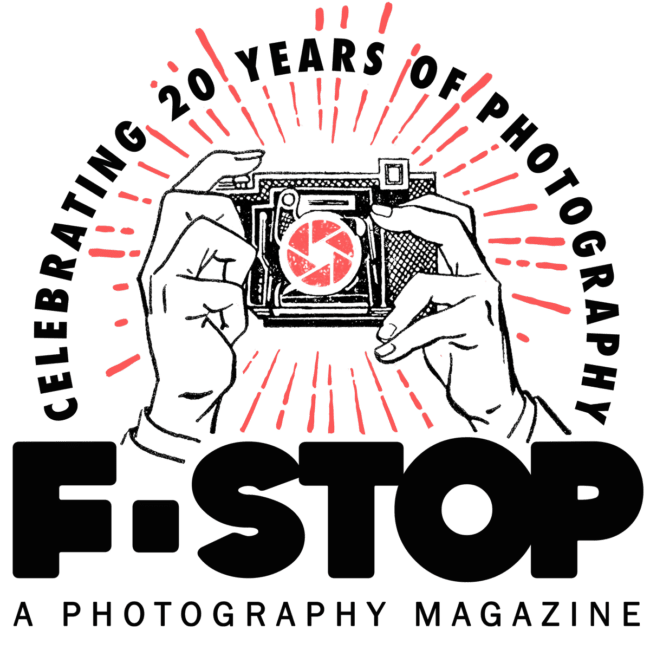blog
20th Anniversary Issue: Epiphany Knedler
As part of F-Stop Magazine’s 20th anniversary celebration we invited past featured photographers to share with us some thoughts and reflections. We asked each photographer to consider how their photographic work has changed over time, how the changes in photography over the past 20 years may have affected or influenced that change, and to share what they are up to most recently.
By Epiphany Knedler
www.epiphanyknedler.com

Epiphany Knedler, Relaxation, 2017, 40×30 in, from Illuminating Inequality
My career in photography has really greatly transitioned overtime, from hobbyist to student to emerging artist and educator. One of my favorite things as an instructor is watching my students evolve and grow from their first to last classes. When I moved last summer, I took a look at my very early photographic work from a new perspective. I picked up my first camera as a ninth-grader, stealing my sisterʼs digital camera from her room. I took it to the park for a photoshoot with my friends and Iʼve hardly put a camera down since. Itʼs my way of exploring and telling the stories of American life.

Epiphany Knedler, Local Gas Station, 2019, 40×30 in, from Revitalize: Dickinson Avenue
I have always been drawn to formal explorations of the world around me. I began using photography as an aesthetic tool, capturing the world around me and arranging it into very formal versions of itself. The camera continues to be my favorite method for research into my chosen narratives. As Iʼve grown as an artist, my work has become more complex and busy in both visuals and concepts. At its core, Iʼm interested in the way we share stories using images. While in undergrad, I double majored in Art and Political Science. My primary research was about economic inequality in the midwest, and I slowly began exploring how images can create conversations. My images have become busier with multiple narratives in each image. I tend to work within a series which drives my larger concepts and each image within the series plays a role in moving the action forward.

Epiphany Knedler, Carhenge with Goldenrod, 2020, 40×30 in, from Wish You Were Here
My understanding of the medium of photography has evolved to understand its essential accessibility and democracy. Today, almost everyone has a camera and can use it to tell their stories. While in graduate school, I had a sort of epiphany about the role of the artist; no matter the subject matter, where we point our camera is a reflection of ourselves. Whether weʼre documenting a family get-together or exploring local landscapes, our decision to create these images is a reflection of our interests and observations. When youʼre able to find the connection you have to your subject matter, your passion and understanding become visible to viewers. Being true to what that connection remains essential in creating an honest conversation with your viewers.

Epiphany Knedler, Self-Portrait with Wall Drug Archive, 2020, 40×30 in, from Wish You Were Here
Over time, I have realized my driving aesthetic is formal Midwestern-ism and my narratives focus on political histories. This is all very indicative of my upbringing and surroundings as an artist. Removing myself from the artist role for a second, I can clearly see how my early work with a single subject created the platform for my politically informed images. My recent work has been exploring the local stories of the Midwest using found imagery. There are a lot of tips Iʼd like to give my student-self, thinking about concepts and perspectives, but Iʼm happy to see this progression in my creative practice and career.
Events by Location
Post Categories
Tags
- Abstract
- Alternative process
- Architecture
- Artist Talk
- artistic residency
- Biennial
- Black and White
- Book Fair
- Car culture
- Charity
- Childhood
- Children
- Cities
- Collaboration
- Community
- Cyanotype
- Documentary
- Environment
- Event
- Exhibition
- Faith
- Family
- Fashion
- Festival
- Film Review
- Food
- Friendship
- FStop20th
- Gender
- Gun Culture
- Habitat
- Hom
- home
- journal
- Landscapes
- Lecture
- Love
- Masculinity
- Mental Health
- Migration
- Museums
- Music
- Nature
- Night
- nuclear
- p
- photographic residency
- Photomontage
- Plants
- Podcast
- Portraits
- Prairies
- Religion
- River
- Still Life
- Street Photography
- Tourism
- UFO
- Water
- Zine


Leave a Reply